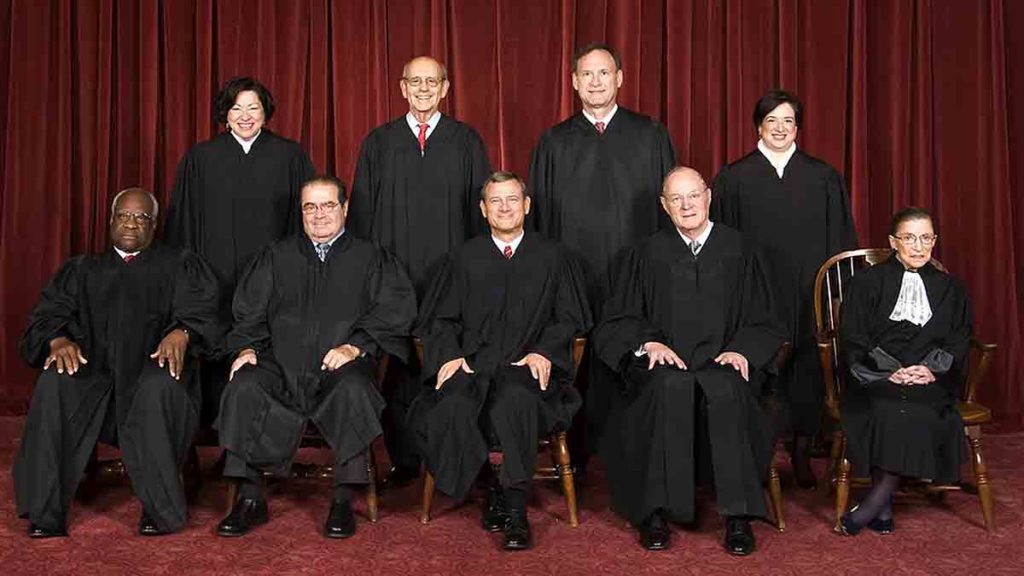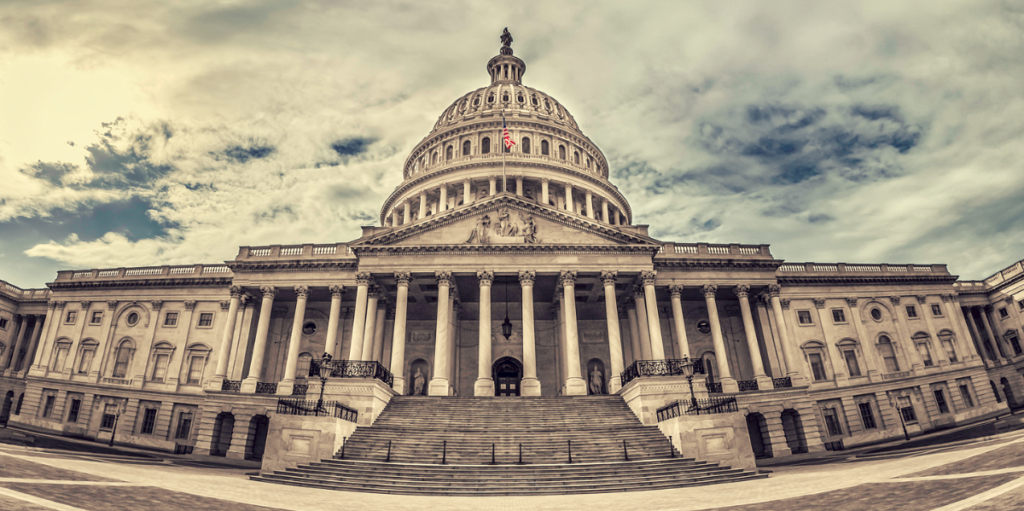
William Reddinger
Associate Professor
Regent University
William Reddinger is Associate Professor of Government at Regent University, where he teaches courses in political theory and American politics. His scholarly interests include the political thought of the American Founding, the history of political philosophy, and the history of economic thought. His writing has appeared in American Political Thought and The Journal of Church & State.
Blog Posts

Will capitalism kill its own culture?
September 5, 2017
|Uncategorized
To gain a proper appreciation of the free market and its benefits, we need to also become aware of its weaknesses.I have written previously at Learn Liberty about how 20th-century economist Wilhelm Röpke argued that while the free market has the capacity to encourage morality, other institutions—like families and churches — are a more reliable source of social morality. In this post, we will focus on another of Röpke’s arguments where he defended the free market but took a very different approach than that of many other free market economists. Röpke on the Need for a Robust Moral Culture Röpke’s

Most social scientists can’t predict the future. But this philosopher did.
July 20, 2017
|Role of Government
When social scientists predict the future, they almost always get it wrong. Human behavior and social phenomena are just too complex to be predictable. But Alexis de Tocqueville was, to some degree, an exception. Besides being a great political philosopher, he was also a political prophet.Discussions of Tocqueville’s prophetic prowess usually begin with his remarkable prediction in Democracy in America,[1] more than 100 years before the Cold War, that “there are two great peoples on the earth today who, starting from different points, seem to advance toward the same goal: these are the Russians

Does the market make us good? Does socialism?
June 21, 2017
|Free Markets and Capitalism
Wouldn’t we all prefer to live in an economy that brought out the best in us? Socialists often argue that their ideal system is more moral than the selfish greed of market life. But some of the best defenses of the free market argue that it in fact encourages virtuous behavior.[i]It’s in everyone’s interest to be honest and hardworking, for example, since news of one’s not being so can easily spread throughout the marketplace and harm one’s ability to make money.[ii] Virtue must come primarily from outside the marketplace.Other defenders of the free market, however, argue that while

Is Judicial Review Undemocratic?
April 10, 2017
|Criminal Justice
America just got a civics lesson from a U.S. Senator on the role of the Supreme Court. In his opening statement during the nomination hearing of Neil Gorsuch, Senator Ben Sasse explained the proper (albeit uncommonly-realized) role of a Supreme Court justice. According to Sasse, the Supreme Court, when it appropriately exercises the power of judicial review, defends the long-term will of the people. Sasse is right, and those who wish to defend limited government and the will of the people in the United States should be passionate both about defending judicial review and also about limiting

Why congressional term limits could limit presidential power
March 3, 2017
|Democracy and Voting
In his first few weeks in office, President Trump gave little cause for comfort to those concerned about the growth of presidential power during the Bush and Obama administrations. Notice that I said “little cause,” rather than “no cause whatsoever.” There is one thing that should interest everyone: in his plan for his first 100 days in office, Trump announced his intention to propose “a constitutional amendment that would impose term limits on all members of Congress,” and bills were introduced in the House and Senate that would make such an amendment possible. Except for some high

A champion of “absolutely unlimited competition” in education
January 15, 2017
|Education
Americans concerned about the dismal state of public education in many schools increasingly want more choice, competition, and local control. Such people may draw inspiration from the wisdom of 20th-century theologian J. Gresham Machen, who affirmed the necessity of “absolutely unlimited competition” in education. Who was J. Gresham Machen? The famous journalist and skeptic H.L. Mencken wrote an obituary on January 18, 1937, that praised “a man of great learning” and “sharp intelligence.” That man was J. Gresham Machen, a Protestant theologian who taught at Princeton Theological Seminary

Is culture the key to poverty?
December 20, 2016
|Poverty & Inequality
J.D. Vance’s Hillbilly Elegy: A Memoir of a Family and Culture in Crisis is one of the best books of 2016. A personal story about Vance’s climb from poor, white Appalachia to a Yale law degree and a white-collar career, the book will make you laugh, cry, and think carefully about the importance of culture for economic wellbeing. Cultivating Hopelessness Vance argues that lack of economic opportunity has less to do with being born smart and rich and more to do with certain weaknesses of “hillbilly” culture. Although Vance identifies several important factors that contribute to an unhealthy

Resist the pressure to conform: Tocqueville’s warning
November 16, 2016
|Education
Any college student familiar with Alexis de Tocqueville knows his warning against the tyranny of the majority in democracies. But are Tocqueville’s insights on this matter still relevant? There are at least two reasons to think that they are. 1. Human Nature Doesn’t Change First, Tocqueville argued that the rule of majorities can be just as dangerous to liberty as the rule of one man for the simple reason that man does not become benevolent simply by being joined together with others. Anyone suspicious of the power of a king ought likewise to be suspicious of the power of a majority. Some
Liberty, delivered to your inbox!
Want to know more about Student For Liberty’s impact, new initiatives, and other efforts made to advance liberty around the world?
Sign up for our email newsletter to stay connected.
Subscribe Now

